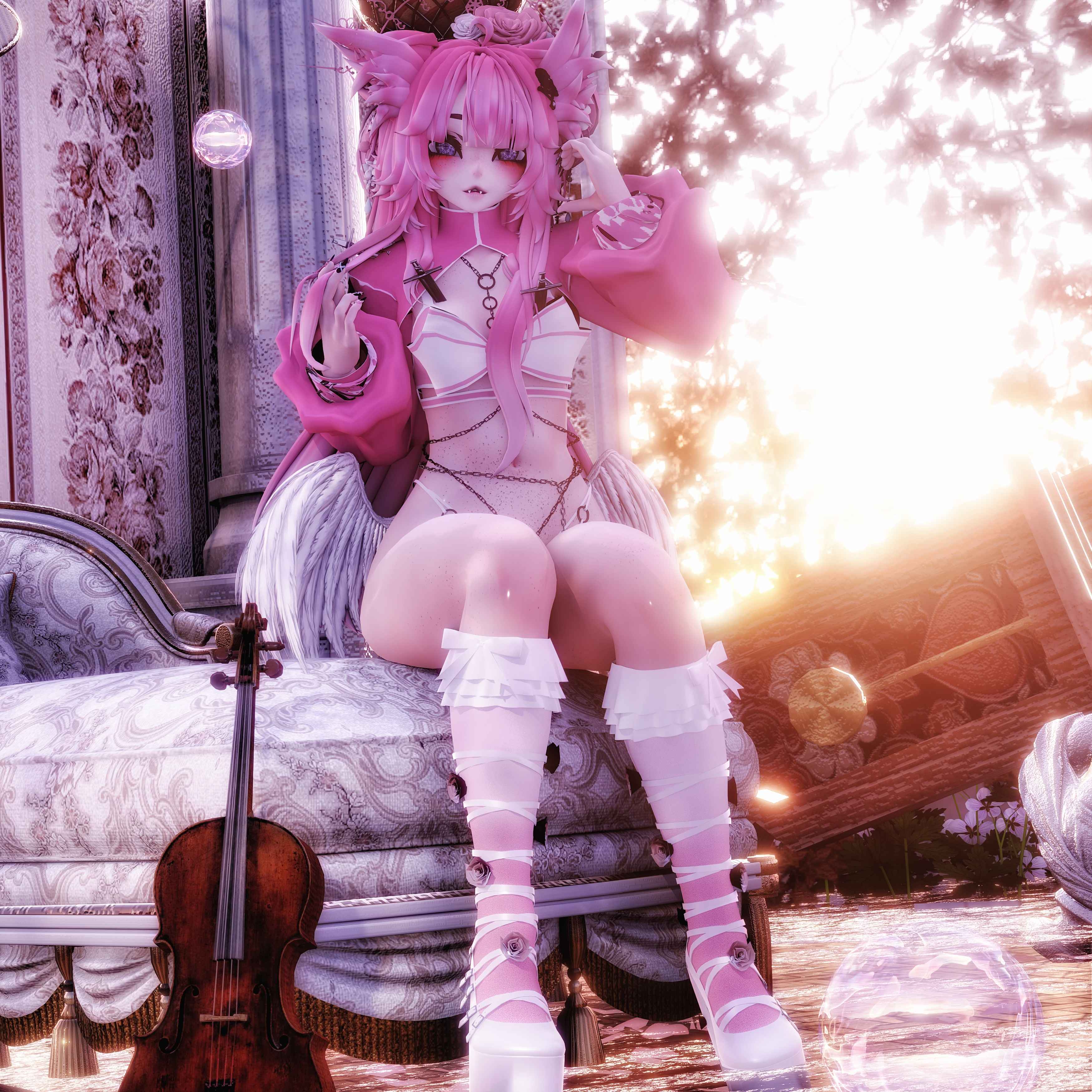Updated F.A.Q for 2026. Made by Cupkake and Youth! | Click down on the arrows to see more information
Legal Clarifications and Guidelines
What are the "Basic Guidelines" of Creating?
There are various labels used to classify models and assets within the community, including Public, Free, Paid, Commercial, and Nitro.
- Public: These avatars/models are openly available for public use and are typically found within creators' worlds. Only the creator of the model should make avatars/items public. Ensure to review all Terms of Service for assets used in Kitbashing Models.
- Free: Free avatars/assets are generously shared with the community at no cost. They are often created from scratch or through kitbashing for models. It's crucial to review all Terms of Service for assets used in Kitbashing Models.
- Paid: Paid avatars/assets are acquired for personal use, usually requiring a purchase. Some assets may come with or require the purchase of a commercial license. Always read the creator's rules before purchasing to avoid any potential issues.
- Commercial: Similar to paid assets, commercial assets require payment for a commercial license, allowing reuse for commercial purposes.
- Nitro: Nitro involves placing assets or models within your Discord server and granting access to those who boost your server. While beneficial for community building, it's essential to review the terms of the creators' assets, particularly for kitbashing. If it's your original creation, you're free to share it as you wish.
Remember, paid items should not be made public or shared unless they're created from scratch or through kitbashing. However, always review the Terms of Service for assets used in Kitbashing Models. Similar rules apply to free avatars, but explicit consent from the creator is required, as everyone has different terms and conditions.
What is "Kitbash/Kitbashing/Frankensteining"?
Distinguishable from "From Scratch," this process entails amalgamating assets from multiple creators to craft a model. Although it expedites production and facilitates broader dissemination of higher-quality avatars, it's important to note that some individuals perceive kitbashing negatively. However, it is a legitimate method of avatar creation, demanding time, effort, and support for fellow creators.
What is "From Scratch"?
This phrase signifies the independent creation of assets through tools such as Blender, Maya, ZBrush, or Marvelous Designer, denoting original work untouched by external sources or game rip-offs.
From Scratch = You made it 100% from original content.
What are some RED FLAGS to look out for?
- Verification of Avatar Origins: Never accept an avatar package, texture, 3d commission/edit, or Asset unless you can unequivocally (100%) confirm that the person offering it created it. Look for supporting evidence such as work-in-progress (WIP) photos or membership in Discord servers with other recognized creators.
- Unauthorized Edits: Avatars bearing the label "edited by..." should not be made public unless the edits were made by the original creator. Such modifications without the creator's consent are prohibited.
- Abundance of Avatars in Worlds: Be cautious when encountering worlds with an excessive number of avatars. Creating avatars requires time and effort, so an unusually large collection may raise suspicions. Always verify the credibility of world creators to avoid potential issues.
If you come across a public world where avatars by creators other than the world owner are present, we encourage you to report it for 'Nudity'. This includes reporting the world, the world owner, and any individuals whose avatars are uploaded as public but are not created by them. As clarified above, uploading any creator's avatars as 'Public', whether edited or not, is strictly prohibited, indicating potential theft or ripping. Reporting for 'Nudity' helps expedite the removal process.
Here are some indicators to help identify potentially stolen or ripped avatars:
- Weird Font for Avatar Author/Person or Server Names: Leakers or rippers often use unusual fonts for their names or server names, possibly to evade detection or project a certain image. This can sometimes appear edgy or intimidating.
- Uniform Color Palette Across Avatars: Legitimate creators typically employ diverse color palettes that complement their chosen assets. Stolen avatars may exhibit a consistent or similar color scheme throughout, such as those associated with known rippers like Mini Lena.
- Random Server Invitations: Leakers may prioritize increasing server member counts and often resort to mass invitations to their leaking servers, offering stolen avatars or assets as 'free' resources.
- Excessive Asset/Model Categories: While some legitimate servers may offer a variety of assets or models, an unusually large number of categories could indicate a leaking server.
- Absence of Work-in-Progress (WIP) Images or Avatar Names Mismatched in Images: Leakers may fail to provide WIP images or may not alter the original creator's name or logo in images showcasing avatars they claim as their own.
- Inconsistent Avatar Creation Style: Stolen avatars may exhibit an inconsistent or mismatched style due to being sourced from multiple creators.
- Lack of Credits Where Avatars are Distributed: Legitimate creators typically provide proper credits when distributing or 'selling' avatars. Absence of such credits may signal unauthorized distribution. If someone is selling from scratch, they will write it in their descriptions.
What Does "TDA" Mean?
This designation pertains to a content creator who explicitly prohibits the use of their assets in any for-profit endeavors. While the utilization of TDA assets is permissible for free, private, and public projects, it is strictly forbidden in models intended for commercial purposes. It is best to read their T.O.S before aiming to use for VR purposes (such as personal and private use. Some creators don't wish for their stuff to be reused in VR)
It is best to never use this for commercial purposes. Save yourself from legal troubles.
What is "Shining Nikki"?
Shining Nikki is a game. It denotes a gaming platform from which numerous hair assets originate. Usage of Shining Nikki hair assets in for-profit models is similarly restricted.
It is best to never use this for commercial purposes. Save yourself from legal troubles.
What is "IMVU/Second Life?"
These are gaming platforms distinct from Shining Nikki and Sims. Unlike assets from Shining Nikki and Sims, those from IMVU/SecondLife are categorically prohibited in VRChat/VR use.
MEANING: No Commercial, No Private, Nothing.
You will get DMCA'd from Creators if you use their assets.
What does "Leaking/Ripping/Reuploading" Mean?
Leaking: This involves sharing an avatar package that you did not create. It's essentially unauthorized distribution.
Ripping: Ripping refers to extracting an avatar from the VRChat database without proper authorization.
Reuploading: This form of ripping involves immediately uploading the extracted avatar to the ripper's account, often without any modifications.
All three of these actions are strictly prohibited, harmful, and illegal. There is no justification for engaging in any of these activities, as they undermine the integrity of the community and violate the rights of creators.
What is "Price Splitting"?
Price-splitting occurs when individuals attempt to purchase a single product, such as an avatar, by having another person pay half of the price, resulting in both individuals obtaining the avatar. This practice constitutes a form of leaking and is illegal. It is crucial to refrain from engaging in price-splitting or sharing the package of a paid avatar without explicit permission from the creator. If you have any inquiries or uncertainties, always seek clarification from the creator directly.
Never engage in price-splitting or share the package of a paid avatar without permission.
ToS Clarification
Some individuals mistakenly believe that creators are prohibited from selling their avatars or creations due to the Terms of Service (ToS) of platforms like Blender, Unity, and VRChat.
- Blender and Unity's ToS: Both Blender and Unity explicitly state that creators have the right to sell their work. This includes avatars, as evidenced by the existence of Unity's community-powered store.
- Prohibited Conduct: While platforms like VRChat prohibit sharing, posting, copying, or distributing another user's content without permission, there is no restriction on creators selling their own creations.
Important Rules to Remember:
- Asset Origins: Always ensure you know the origin of an asset before using it commercially. If uncertain, refrain from using it commercially to avoid potential legal issues.
- Read and Follow Creator ToS/ToU: Each creator has their own Terms of Service or Use for their assets, protected by copyright law. Failure to adhere to these terms may result in legal consequences, including DMCA filings.
- Avoid Copying Artwork: Copying character designs or artwork found online without permission is illegal and violates copyright law. Be original and create your own concepts.
- Avoid Trademarked Content: Refrain from using real-life brand logos or trademarks in your creations to avoid legal issues.
ADDITIONAL NOTES
Models and Assets are LUXURY ITEMS.
What is a LUXURY ITEM?
A luxury item is something you don't need but buy for pleasure or status, often because it's fancy or expensive.
Avatars are considered luxury items, providing aesthetic enjoyment rather than serving essential gameplay functions. They cater to desires rather than necessities.
What are Creators?
Avatar/Asset creators typically function as small businesses, often comprising a single individual rather than large corporate entities with extensive staff.
If you start to create avatars or assets and it picks up, you are running a small business.
Why do people make Free or Public Avatars?
Free and public avatars ensure inclusivity within the community, accommodating users who may not be able to afford paid options.
Why have sales or discounts?
Regular sales events offer users the chance to acquire avatars at discounted prices, enhancing accessibility to premium content.
Understanding Undervalued Pricing Structures
Avatars are frequently priced significantly below industry standards, often ranging from $0 to $50. However, industry norms dictate prices exceeding $1000 - $3000 for a 3D model or avatar. Considering the extensive time investment, creators' pricing structures are notably undervalued.
For a $45 avatar to be priced properly, the creator would have had to work on it for only 6 hours (creators spend around or well over 24 hours per avatar) this is going off of Americal federal minimum wage, which is 7.25$ per hour
Dotty's Mindset On Creating
- Make shit you fall inlove with until it gets to the point where you do NOT want to sell it.
Why? That means it will sell well. If you are so inlove with it, why wouldn't others?
And then slap a dick on it. people are weird

THE DELICIOUS
CUPKAKE
HUNGRY for some assets? DESIRE some tasty variety in avatars? LOOK NO FURTHER! The Cupkakes are baked and ready to serve!
Join their discord below!

STAY YOUTHFUL!
YOUTH
Want to commission someone but don't know where to go???? LOOK NO FURTHER!
Youth got you with 3D Assets, 3D Avatars, 3D World Commissions, Quest Conversions, 2D Art or even more!
Join their discord below!


